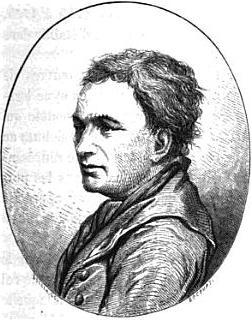

On this day 300 years ago a great French sculptor was born, the author of the monument to Peter I, known as the “Bronze Horseman”, in Petersburg, Etienne Falcone. Bold technical and composition decision makes the monument one of the best works of its time.
He was born in a carpenter’s family, and his first uncle was Nicolas Guillaume, a marble professional.
In 1753, Etienne Falcone won the competition for the reconstruction of the church of St. Rocha, this work lasted for 10 years. Of the eight sculptural groups, only one “Prayer for the Cup” has survived, the rest of the works were lost in the years of the French Revolution.
Subsequent decade Falcone worked a lot and fruitfully, marble statues and sculptural groups, for example, “Pygmalion and Galatea”, “Thundering Cupid” created at that time, brought him wide fame. However, the grace and grace of the Rococo style sculptures performed by Falcone did not go against realism. Playful and touching, tender and timid, the statues not only have character, but are devoid of excessive pretentiousness, and impressive touching simplicity.
In 1766, Etienne Falcone, at the invitation of Catherine II, went to Russia. He was flattered by the scope of the order, the opportunity to create a horse monument to Peter I, inspired the sculptor. The sketch of wax was made back in Paris, and already in Russia the maestre began work on a plaster model in full size statues. Falcone refused allegorical interpretation, Peter I pacifying the horse, “stretches his right hand over his country.” In his gesture, a proud landing and a turn of his head, the royalty and approval of the state will be felt. At the suggestion of the sculptor, a laconic inscription “Petro primo Catharina secunda” (“Peter the Great, Catherine II”) was knocked out on a pedestal. Monument to Peter I was opened on August 7, 1782, but the sculptor left Russia much earlier – in September 1778.
The monument to Peter I was the last major work of the sculptor. In 1781, he was paralyzed, and the last 10 years of his life he could no longer create. Etienne Falcone died in Paris on January 24, 1791.